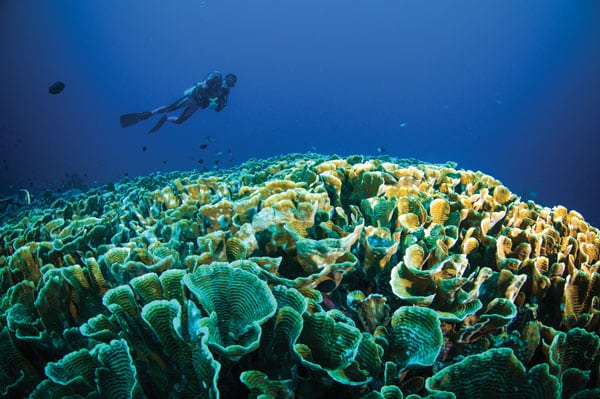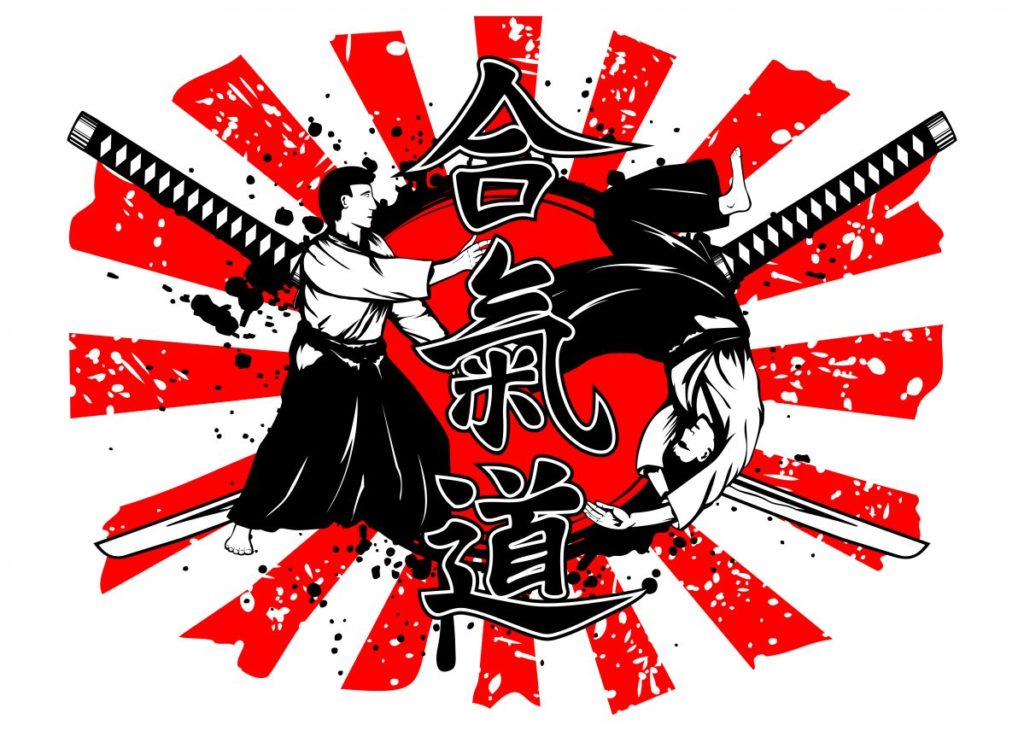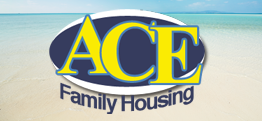It’s spring and the warm weather is finally coming. This is the time of year that many divers will be dusting off their gear and getting back in the water, and many more new divers will be dipping their toes in for the first time. This is also the time of year when we see many close calls and accidents, as those rusty dive skills are not quite up to mid-season form yet. If you have been out of the water for a while, a refresher course or dive with a professional is a very good idea. A review of critical dive skills such as mask clearing, sharing air, buddy checks, assists, and rescues are all part of a thorough refresher course, along with dive planning and gas management review. It is also a good idea to get gear checked out to make sure everything is in good working order before taking it on a plunge into the ocean.
For those getting certified to dive, remember all dive instruction is not created equal. There are differences in courses taught and how they are done. A few key questions you should be asking your instructor:
Will we be doing skills while hovering or do we kneel on the bottom?
Skills should be tested while hovering, not kneeling. When we are diving we are swimming and very rarely anchored on the bottom, so divers need to know how to do skills while neutrally buoyant.
How much open water dive time will I have logged by the end of the course?
You learn how to dive by diving. Although there are critical theory elements all divers must grasp, your open water time is the most important portion of your diving course. You should be logging over 2.5 hours of open water (not pool) time by the end of a quality dive course. Many cheap courses do the bare minimum of dive time and turn out inadequately prepared divers.
Will I be taught buddy rescue and self-rescue techniques, including worst case scenarios such as bringing an unconscious buddy to the surface?
All courses teach at least introductory techniques for dealing with an emergency. As diving is an adventure sport, we must be prepared for the worst, and that means being able to help in even the most severe scenarios. A quality course prepares you for these emergencies and more.
If you have any questions on dive certification, please contact one of our trained professionals at Reef Encounters, who have more than 20 years of serving the Okinawa dive community. Our full range of classes and our new expanded retail facility can now meet all your diving needs in one stop.
![]()




















